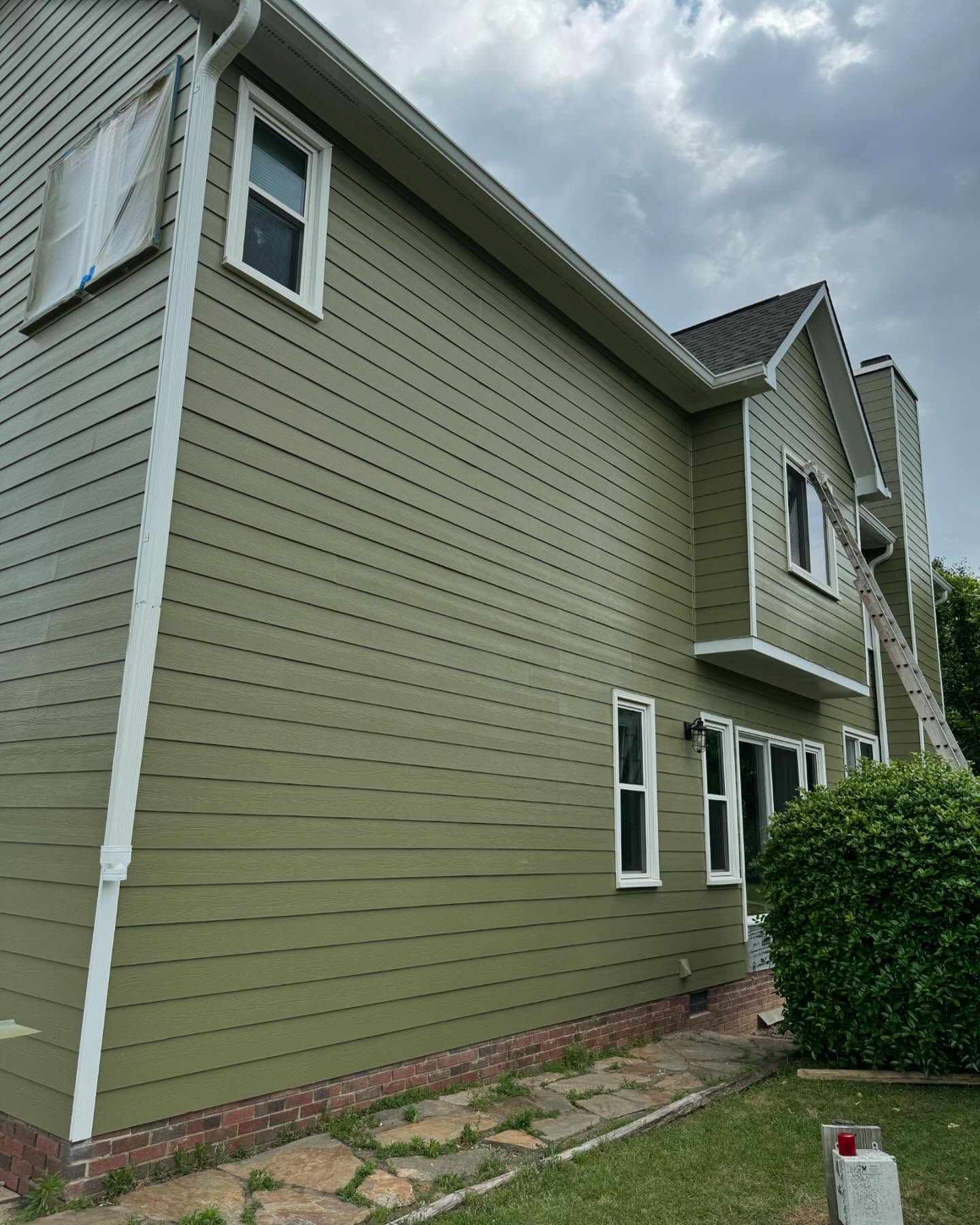
From Prep to Finish: The Comprehensive Guide to Professional Drywall Repair Oct 06, 2025
Preparing Your Surface: Key to a Smooth Repair
Before diving into the repair process, proper preparation is crucial. Start by assessing the damage: is it a simple nail hole, a deeper gouge, or extensive water damage? For small holes, use a putty knife to clean out any loose drywall or debris. If you’re dealing with significant damage, such as a large hole, you may need to replace the drywall sheet entirely.
Clean the area around the damage thoroughly. Wipe the surface with a damp cloth to remove dust and grime, which ensures adhesion of the repair compound. Tape off adjacent surfaces to prevent accidental damage or mess during the repair process.
Applying the Repair Compound: The Art of Drywall Patching
Once the surface is prepped, it's time to apply the repair compound. For minor holes, apply a spackling paste using a putty knife, spreading it evenly over the area. Ensure the paste is slightly above the wall’s surface to allow for sanding later. After applying the compound, let it dry completely, following the manufacturer’s instructions for drying time.
For larger holes, use a drywall patch. Cut a piece of drywall that fits snugly into the hole; this is typically a simple rectangular cut. Secure the patch in place using drywall screws and cover the seams with joint tape. Apply joint compound over the tape, ensuring a smooth application to prevent visible lines once painted.
Sanding for Smoothness: The Underrated Phase
After the compound has dried completely, sanding is essential for achieving a seamless finish. Start with medium-grit sandpaper to knock down elevated spots and smooth out bumps, then switch to a finer grit for a silky finish. Be cautious; excessive sanding can result in a misshaped surface. Always wear a protective mask and goggles during this phase to prevent inhaling fine dust.
Priming and Painting: The Final Touch
With sanding complete, you are ready to prime and paint. Use a quality primer to ensure your paint adheres well and has the same finish as the rest of the wall. Let the primer dry fully, then apply two coats of paint in the color of your choice, allowing adequate drying time between coats.
Conclusion: The Power of Professional Touch
While DIY drywall repair can be satisfying, there are situations where professional help from Premier Painting & Drywall Contractors LLC may be invaluable. Complex repairs require expertise to avoid future problems like cracking or bulging. Our team has the skills and experience to handle any drywall repair challenge, ensuring a flawless finish that stands the test of time.
Investing time in understanding the fundamentals of drywall repair reaps the benefits of sustained wall durability and elegance. Whether tackling a minor blemish or a significant repair, the right techniques can make all the difference. For those times when a project feels overwhelming, rest assured that Premier Painting & Drywall Contractors is ready to assist you with your drywall needs, transforming your vision into reality with precision and care.
/filters:no_upscale()/filters:format(webp)/media/1bff6b7f-1e01-4d32-a399-426571bc02c2.jpeg)
/filters:no_upscale()/filters:format(webp)/media/66dbe569-d1d8-450e-93af-bf5b1a4144af.jpeg)